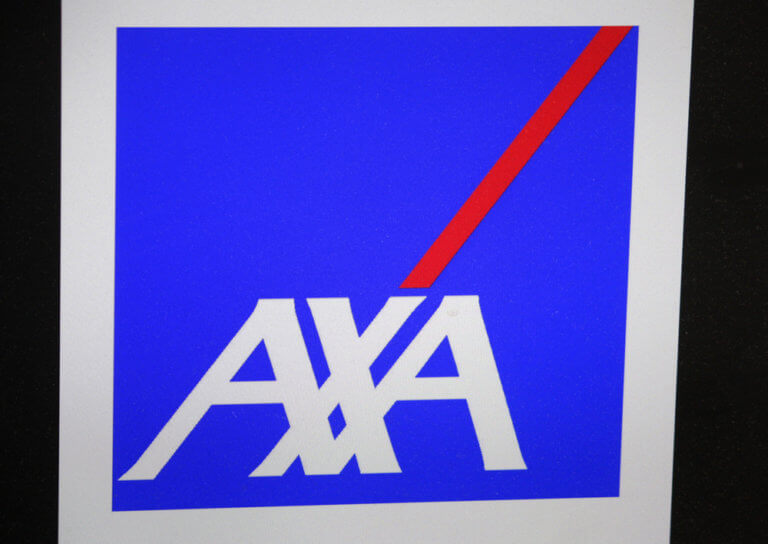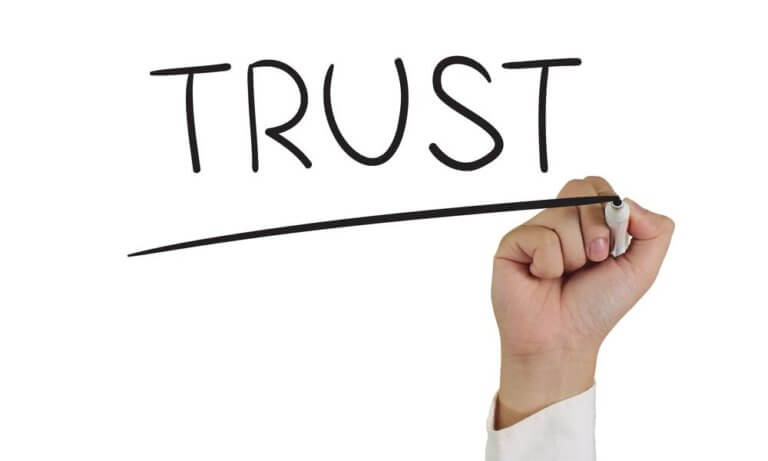
By Cora Gold, Editor at Revivalist
Your 20s and 30s are a time of significant life changes, career milestones and financial decisions. While these years offer exciting opportunities, they also come with money challenges, including debt. Explore what you need to know about the common types of debt and how to manage it responsibly.
What Is Debt?
Debt is money you borrow from another person or entity to make large purchases, such as a house or car. While it’s normal to have debts, some people take on more debt than they can afford to repay.
Your 20s and 30s are your foundation for setting yourself up for financial success. Aside from proper budgeting and saving emergency funds, managing debt is essential to improving your financial position.
4 Common Types of Debt
Not all debts are bad. Lending money is good if you know how to manage it well. Learn the common types of debt you incur in your 20s and 30s, and tips on managing them.
1. Student Loans
The average student loan debt in the U.S. is more than $30,000 — the equivalent of a home down payment or a new car. This can be overwhelming but manageable with the right repayment strategy. For most federal student loans, your first repayment should begin six months after college.
You can also enroll in auto debit, where your money is automatically transferred on a scheduled date every month until fully paid.
2. Credit Card Debt
A credit card provides a convenient way to make purchases and establish healthy credit, as long as you do it mindfully. Sometimes, what starts as a small balance can turn into a large debt, which may require you to borrow more money to pay off previous loans.
To avoid this, target one debt at a time. Try the snowball method, where you pay off the card with the smallest amount first, or the avalanche method, which prioritizes high-interest debt first. Another way to avoid credit card debt is to pay with cash. This method can help you avoid overspending or making impulse purchases.
3. Personal Loans
Personal loans are money borrowed for various expenses, including:
- Medical bills
- Wedding costs
- Home renovations
- Funeral expenses
- Vacation costs
- Adopting a new pet
They require repayment with interest over the loan’s term. Unlike credit cards, personal loans offer a fixed repayment period and interest rates. If you have extra money, you can pay off your debt faster. For a more organized way of paying loans, set up an automatic payment plan.
4. Auto Loans and Mortgages
An auto loan allows you to buy a car without paying cash upfront, while a mortgage is used to purchase a home, land or other real estate. However, the convenience of owning a car or home comes with a financial burden.
To manage these big loans, you must make timely payments and consider your credit utilization ratio. Also known as the debt-to-limit ratio, this refers to the debt you owe as a percentage of the total amount of credit you have available.
For instance, if you have two credit cards with a total limit of $20,000 and you currently owe $10,000 on both cards, then your credit utilization is 50%. Lenders usually prefer people with ratios below 30% — the lower the ratio, the better your credit score.
Are You Responsible for Parent’s Debt?
Your 20s and 30s are your foundation for financial success. It’s where you have fewer financial responsibilities than later in life. However, you may still wonder if you’ll inherit your parents’ debt when they pass away. While their debt doesn’t go away, you will not inherit it.
Instead, any debt is paid from their estate. Creditors can file claims against the estate, and the estate administrator will pay off debts using the deceased parent’s assets and property, such as money in a savings account and real estate.
Other Smart Financial Strategies to Do in Your 20s and 30s
Discover other tips that’ll help set you up for a brighter financial future.
Live Within Your Means
Avoid the temptation of new gadgets, experiences and other costly purchases that can lead to debt. Spend less than your income.
Come up With Long-Term Financial Goals
Think about your future life. Start saving for a house, your retirement or your dream car now. Whatever your goal is, keep it visible — put it on your vision board or your spreadsheet to keep you motivated.
Save
Invest for your future. You can follow the 50-30-20 budgeting strategy, wherein you allocate 50% of your paycheck for needs, 30% for wants and 20% for savings and investments. If this is too big for you, saving even 5% of your income will make a great difference.
Deal With Debt Smartly
Time is your greatest asset. The earlier you learn how to manage debt properly, the higher the chances of building a strong credit score and you prevent financial stress. Start spending and saving wisely today.























